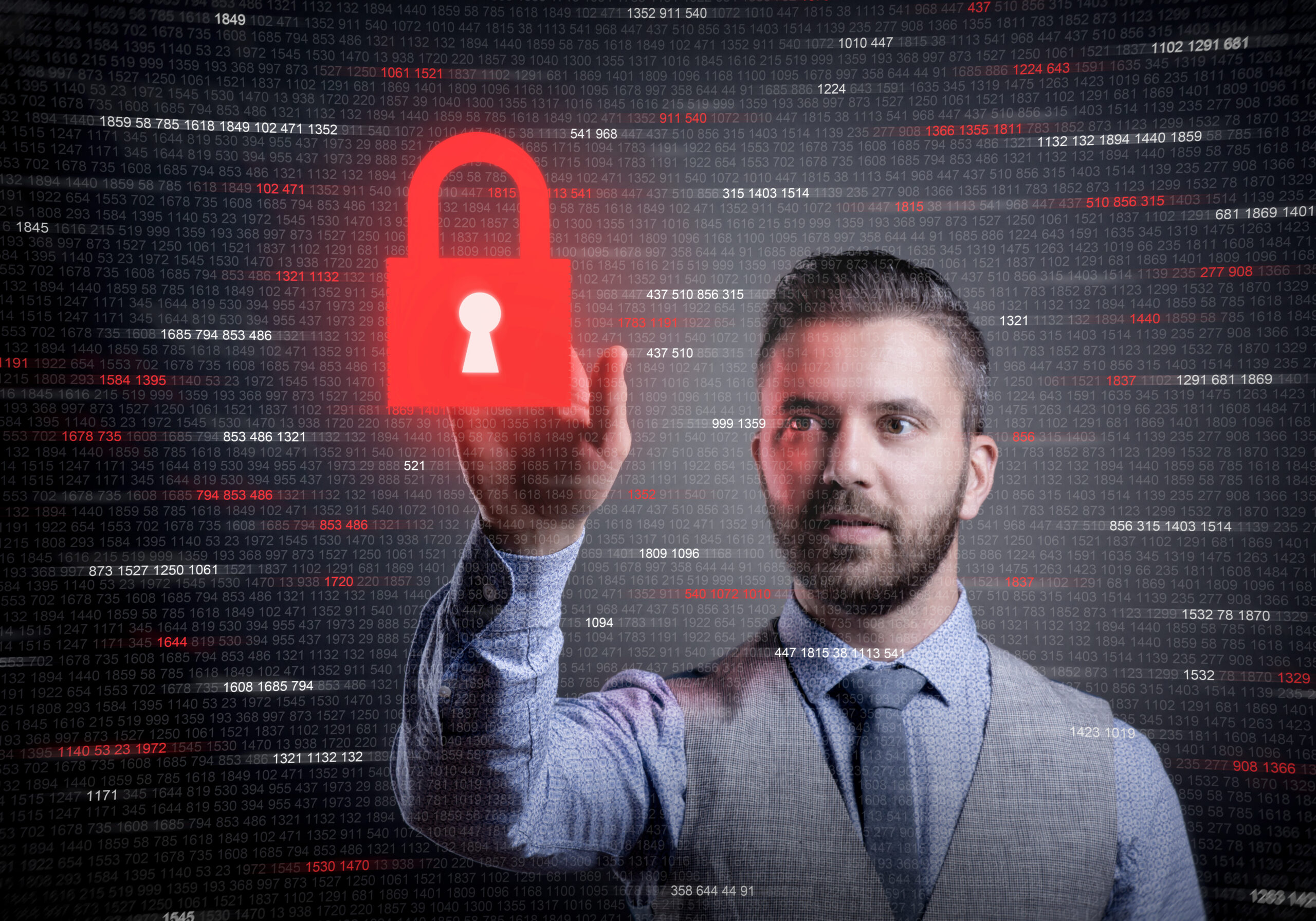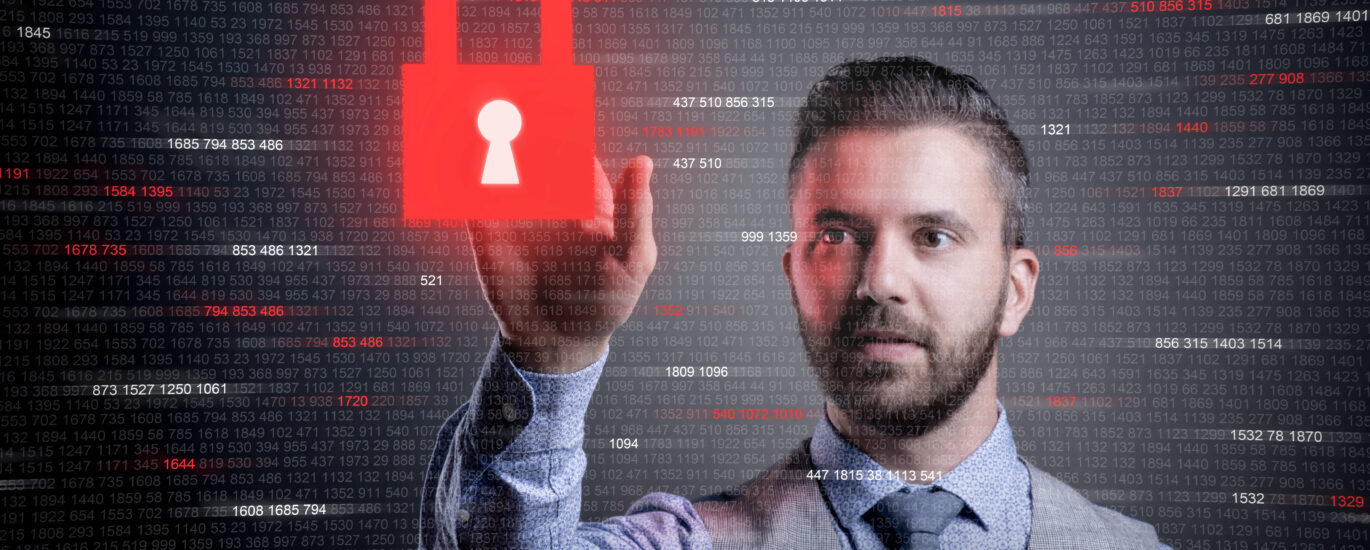Welcome to my blog post about Cybersecurity Best Practices. In today’s digital age, it is more important than ever to stay safe online. With the rise of cybercrime and data breaches, we need to take proactive steps to protect ourselves from potential threats. In this article, I will share with you the top 5 cybersecurity tips that everyone should follow to stay safe online.
Introduction to Cybersecurity Best Practices:
Cybersecurity refers to the practice of protecting your computer systems, networks, and sensitive information from unauthorized access or attack. It involves implementing security measures such as firewalls, antivirus software, encryption tools, and user authentication protocols to prevent hackers from gaining access to your devices and stealing your personal information. By following best practices for cybersecurity, you can reduce the risk of becoming a victim of cyber attacks and keep your private data secure.
The Importance of Staying Safe Online:
We live in an era where everything is connected to the internet. From our smartphones to our home appliances, almost every device has the ability to connect to the web. This interconnectedness brings us many benefits but also exposes us to new risks. Hackers are constantly looking for vulnerabilities they can exploit to gain access to our devices and steal our confidential information. The consequences of falling prey to these attacks can be severe, ranging from financial loss to identity theft. Therefore, it is crucial to adopt good cybersecurity habits to minimize the chances of being targeted by cybercriminals.
Offer Practical Advice for Everyone:
Here are some practical tips that everyone can follow to improve their cybersecurity:
1. Use Strong Passwords and Change Them Regularly: Weak passwords are easy targets for hackers. To create strong passwords, use a combination of uppercase and lowercase letters, numbers, and symbols. Avoid using common words or phrases, and change your passwords regularly.
2. Enable Two-Factor Authentication: Two-factor authentication adds another layer of protection to your accounts by requiring two forms of identification before granting access. This could include something you know (like a password) and something you have (such as a mobile phone).
3. Install Reputable Antivirus Tools: Antivirus software helps detect and remove malware and viruses that can infect your devices. Make sure to install reputable antivirus tools on all your devices and keep them up to date.
4. Be Aware of Phishing Scams: Phishing scams are one of the most common methods used by hackers to trick people into revealing their login credentials or other sensitive information. Be cautious when opening emails or clicking links from unknown sources. If you suspect a phishing attempt, report it immediately.
5. Keep Your Software Up To Date: Outdated software is often vulnerable to security flaws that can be exploited by hackers. Ensure that all your software is updated to the latest version to avoid any known security issues.
Conclusion: Take Action Today:
In conclusion, taking simple steps like creating strong passwords, enabling two-factor authentication, installing antivirus software, being aware of phishing scams, and keeping your software up to date can go a long way in improving your cybersecurity. Don’t wait until it’s too late – take action today to protect yourself and your loved ones from potential cyber threats.




